 The first paper in the Faculty of Health and Social Sciences (FHSS) for 2023 appeared online today. The open access journal NursingOpen (publisher Wiley) add our paper ‘Stakeholders’ perceptions of continuing professional development among Nepalese nurses: A focus group study’. [1] The lead author Dr Bibha Simkhada and co-author Prof. Padam Simkhada are both Visiting Faculty at Bournemouth University. The paper reports on a study into stakeholders’ perceptions of Continuing Professional Development (CPD) in nursing in Nepal. It is worth noting that nurses (and midwives) in Nepal have to renew their nursing licence every six years with the Nepal Nursing Council. However, there are no requirements of having completed any CPD in this post-registration renewal process, or to show any evidence of on-the-job learning. This qualitative study generated three major themes: (a) policy level including the national situation of CPD, political influence and training guided by the policy; (b) organizational level incorporating perceptions towards forms of CPD, staff shortage, poor staff retention, seniority for training, financial constraints and lack of continuity of training; and (c) individual level including motivation for training and lack of relevant training. It is the third paper from work supported by FHSS QR funding [2-3]
The first paper in the Faculty of Health and Social Sciences (FHSS) for 2023 appeared online today. The open access journal NursingOpen (publisher Wiley) add our paper ‘Stakeholders’ perceptions of continuing professional development among Nepalese nurses: A focus group study’. [1] The lead author Dr Bibha Simkhada and co-author Prof. Padam Simkhada are both Visiting Faculty at Bournemouth University. The paper reports on a study into stakeholders’ perceptions of Continuing Professional Development (CPD) in nursing in Nepal. It is worth noting that nurses (and midwives) in Nepal have to renew their nursing licence every six years with the Nepal Nursing Council. However, there are no requirements of having completed any CPD in this post-registration renewal process, or to show any evidence of on-the-job learning. This qualitative study generated three major themes: (a) policy level including the national situation of CPD, political influence and training guided by the policy; (b) organizational level incorporating perceptions towards forms of CPD, staff shortage, poor staff retention, seniority for training, financial constraints and lack of continuity of training; and (c) individual level including motivation for training and lack of relevant training. It is the third paper from work supported by FHSS QR funding [2-3]
Prof. Edwin van Teijlingen
CMMPH (Cenre for Midwifery, Maternal & Perinatal Health)
References:
- Simkhada, B., van Teijlingen, ER., Panday, A., Sharma, S.C., Simkhada, P., Singh, D.R. (2023) Stakeholders’ perceptions of continuing professional development among Nepalese nurses: A focus group study, NursingOpen (online first https://doi.org/10.1002/nop2.1586)
- Simkhada, B, Mackay, S, Khatri, R., Sharma, CK., Pokhrel, T, Marahatta, S, Angell, C, van Teijlingen, E., Simkhada, P (2016) Continual Professional Development (CPD): Improving Quality of Nursing Care in Nepal, Health Prospect 15 (3):1-3.
- Khatri, R., van Teijlingen, E., Marahatta, S., Simkhada, P., Mackay, S., Simkhada, B. (2021) Exploring the Challenges and Opportunities for Continuing Professional Development of Nurses: A Qualitative Study with Senior Nurse Leaders in Nepal. Journal of Manmohan Memorial Institute of Health Sciences, 7(1); 15–29.

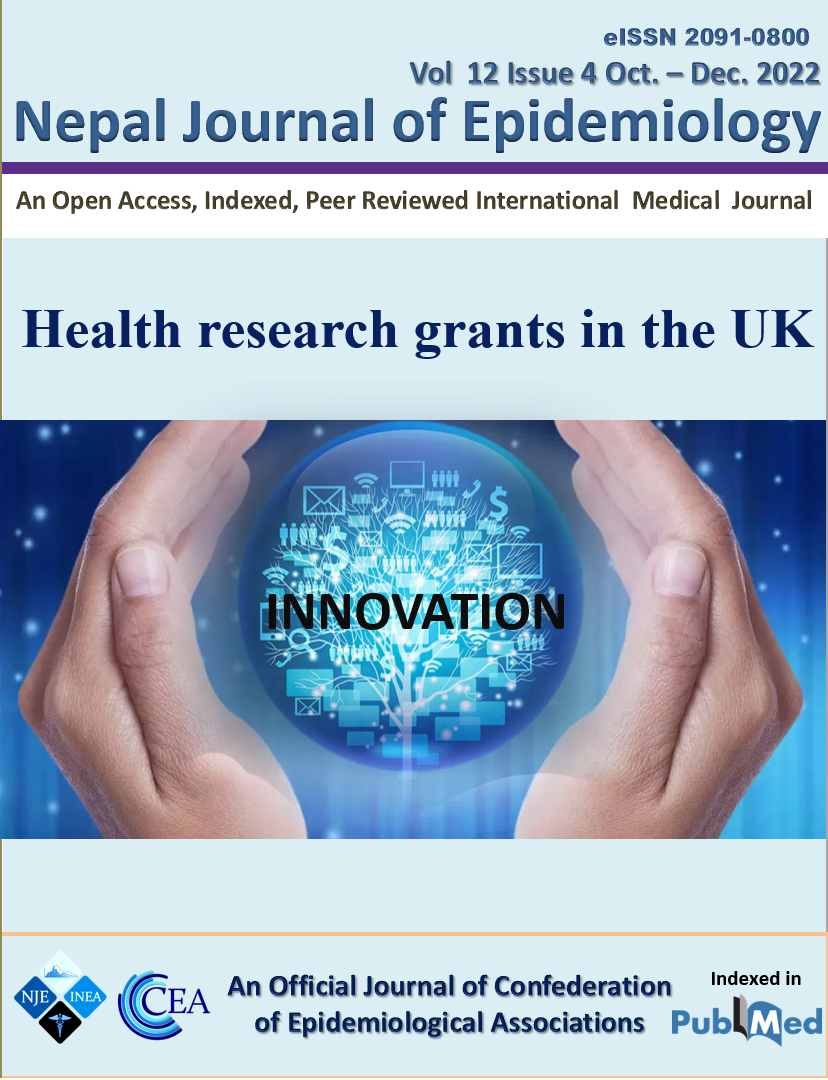
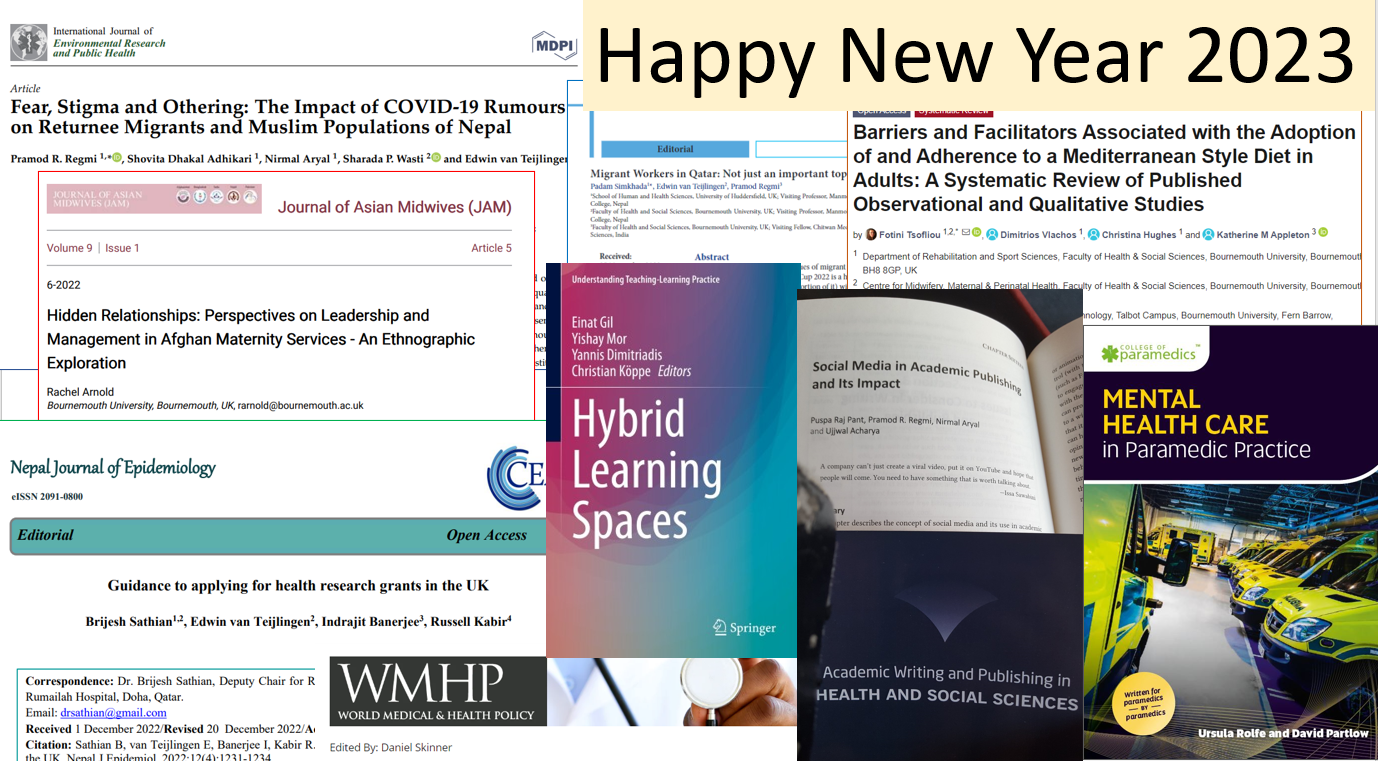
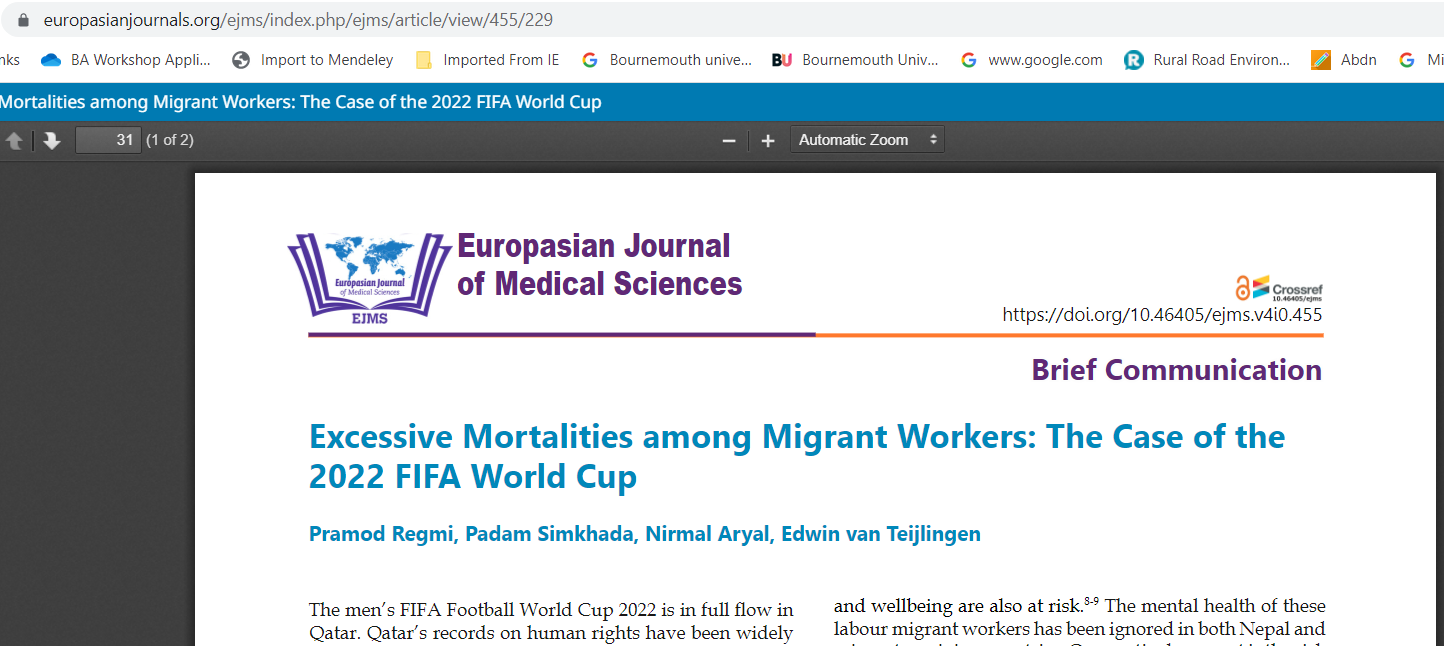

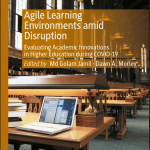

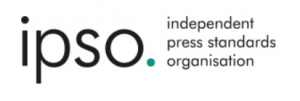
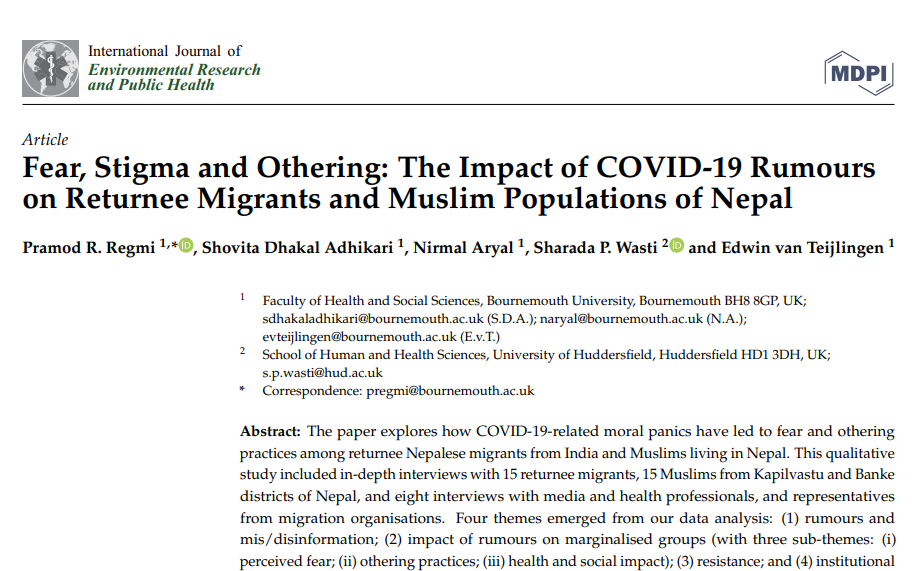

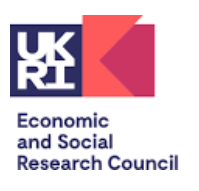



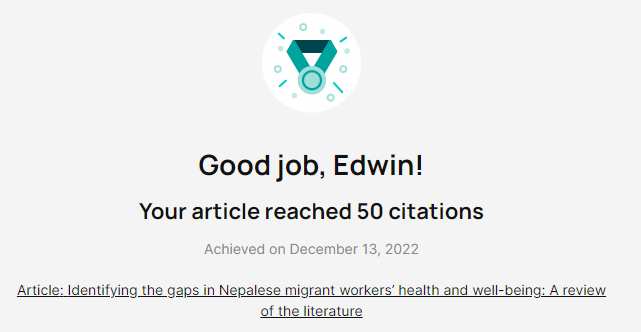


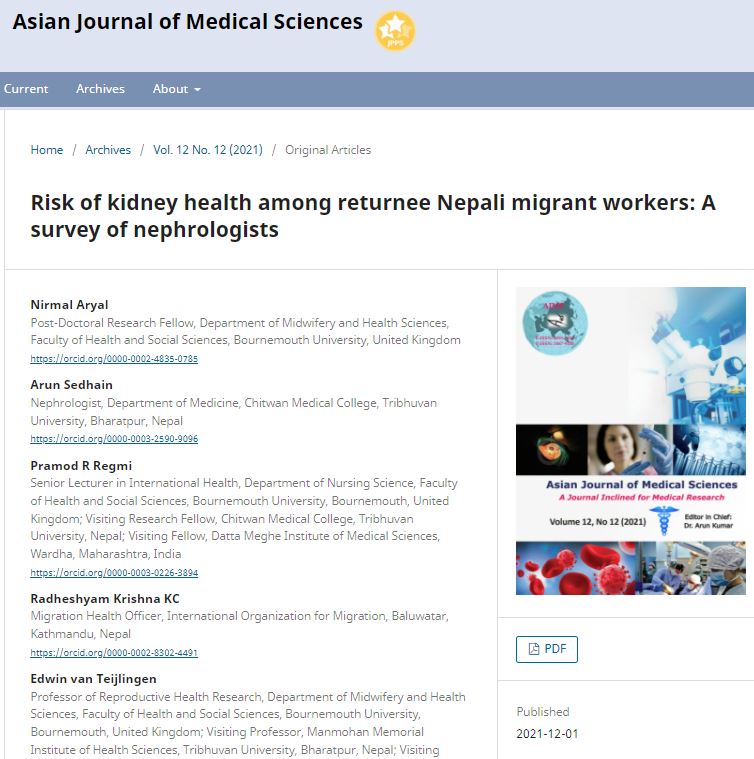
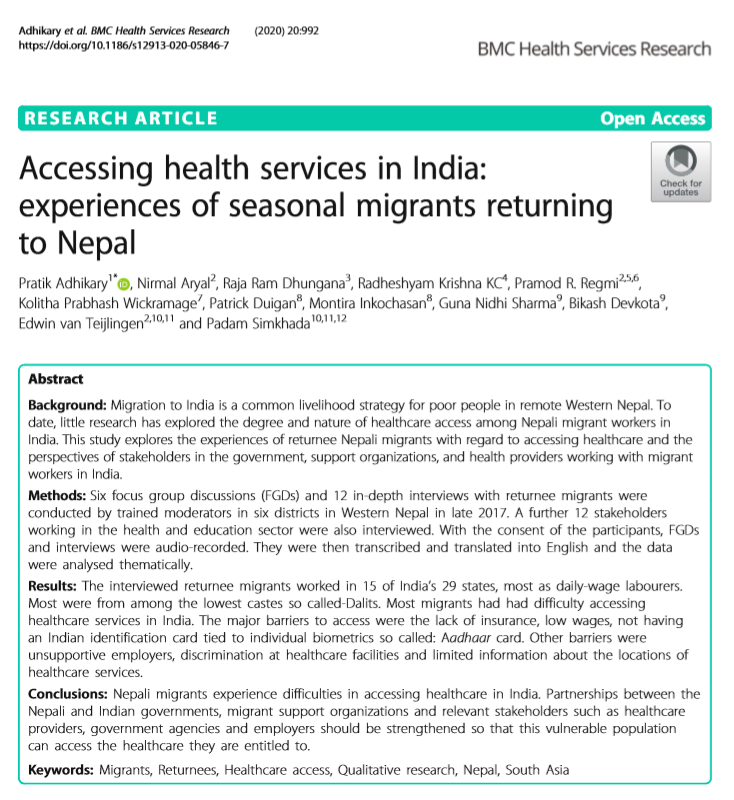




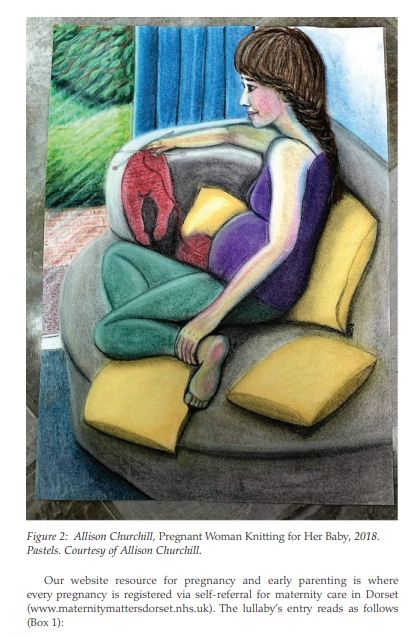

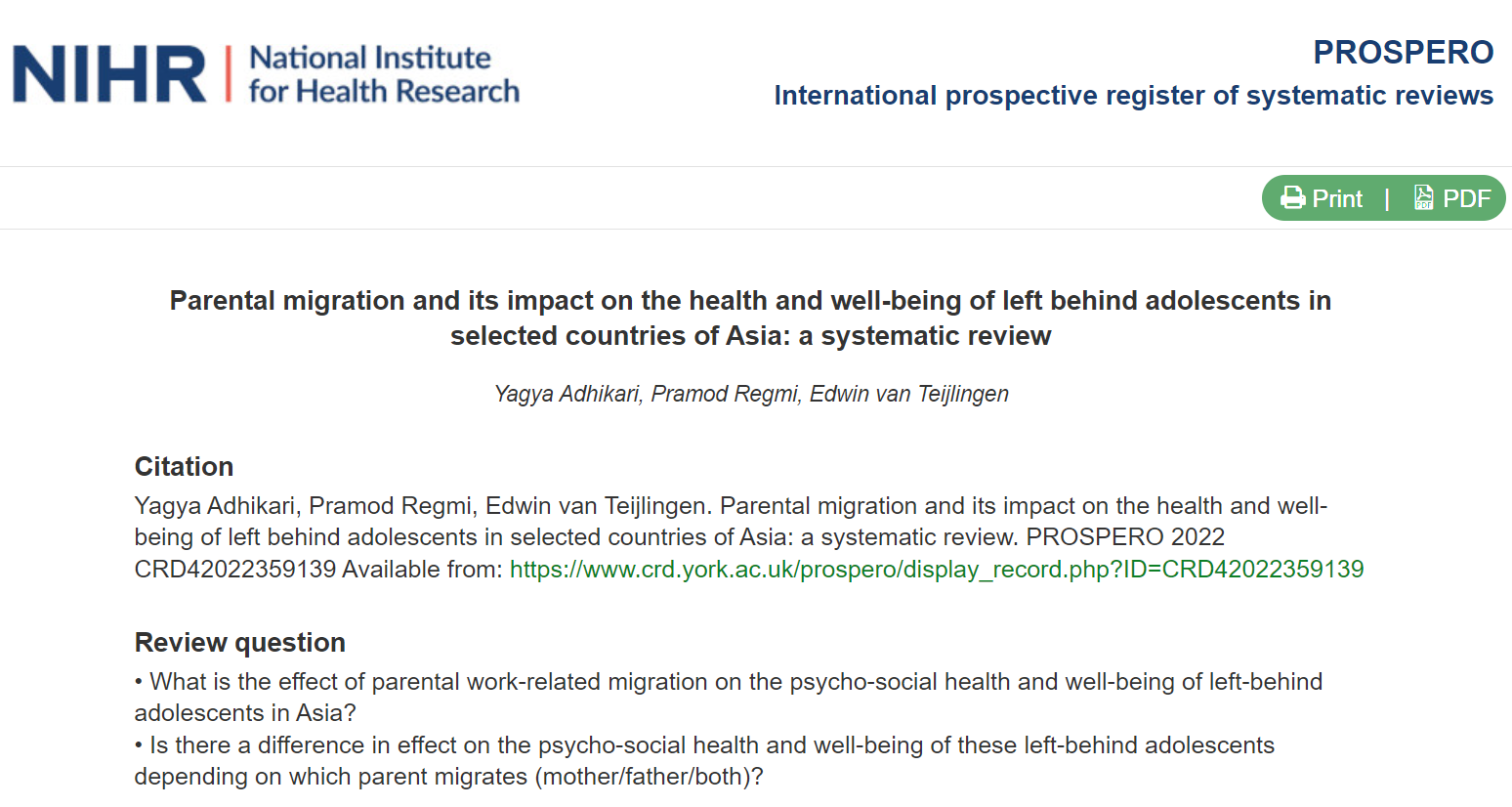
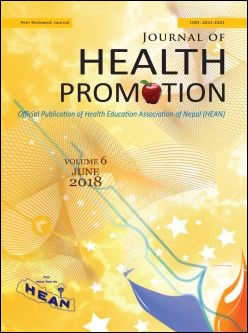
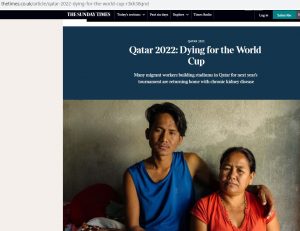

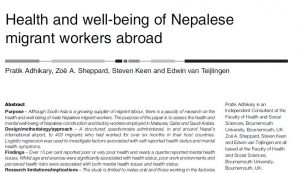
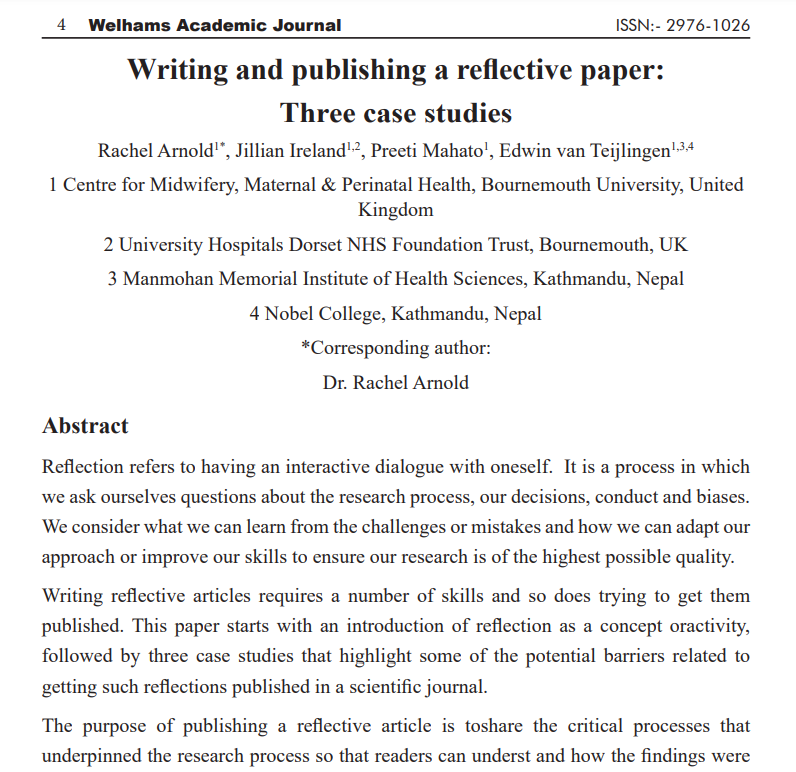

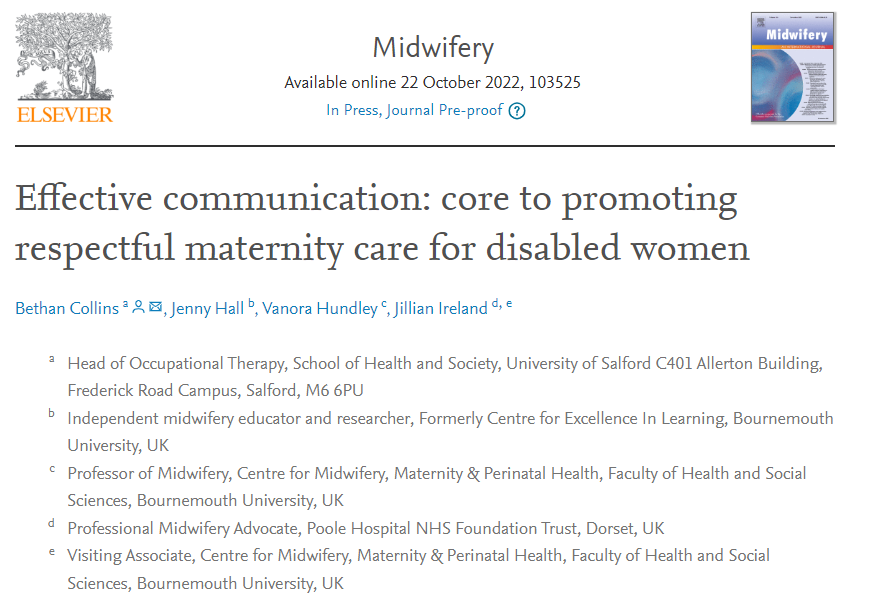











 SPROUT: From Sustainable Research to Sustainable Research Lives
SPROUT: From Sustainable Research to Sustainable Research Lives BRIAN upgrade and new look
BRIAN upgrade and new look Seeing the fruits of your labour in Bangladesh
Seeing the fruits of your labour in Bangladesh Exploring Embodied Research: Body Map Storytelling Workshop & Research Seminar
Exploring Embodied Research: Body Map Storytelling Workshop & Research Seminar Marking a Milestone: The Swash Channel Wreck Book Launch
Marking a Milestone: The Swash Channel Wreck Book Launch ECR Funding Open Call: Research Culture & Community Grant – Application Deadline Friday 12 December
ECR Funding Open Call: Research Culture & Community Grant – Application Deadline Friday 12 December MSCA Postdoctoral Fellowships 2025 Call
MSCA Postdoctoral Fellowships 2025 Call ERC Advanced Grant 2025 Webinar
ERC Advanced Grant 2025 Webinar Update on UKRO services
Update on UKRO services European research project exploring use of ‘virtual twins’ to better manage metabolic associated fatty liver disease
European research project exploring use of ‘virtual twins’ to better manage metabolic associated fatty liver disease